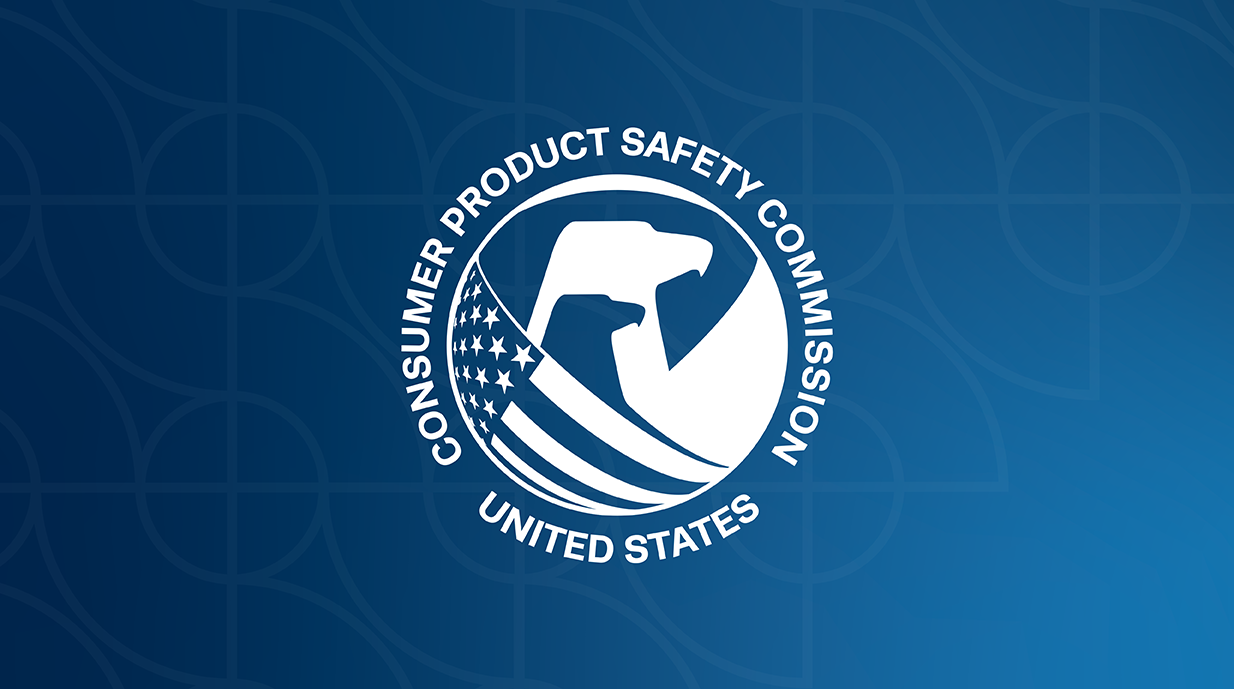jabberwocky
Well-Known Member
So what’s your end game here? I know a lot of people in bike advocacy, and the 3 class system is directly responsible for the rapid acceptance of ebikes in the traditional bike advocacy world. It sets limits on powered bikes that people are comfortable with. You seem proud of trying to throw it out, but I’m unclear why anyone who likes ebikes would think that’s a good thing. Undo that and it would undo a lot of advocacy.Sorry. The CPSC is the Consumer Product Safety Commission. The essentially control the safety regulations for most consumer products sold in the US. Bikes were one of the initial products that were regulated by the CPSC which establishes a very long regulatory history.
Please understand I have nothing to do with the preemptive powers of the CPSC. I just feel strongly that the 3-class legislation crossed the line by pushing 3 requirements that had to be on ebikes prior to introduction into interstate commerce and that is simply crossing a regulatory line that should be preempted.
What are you trying to accomplish?

